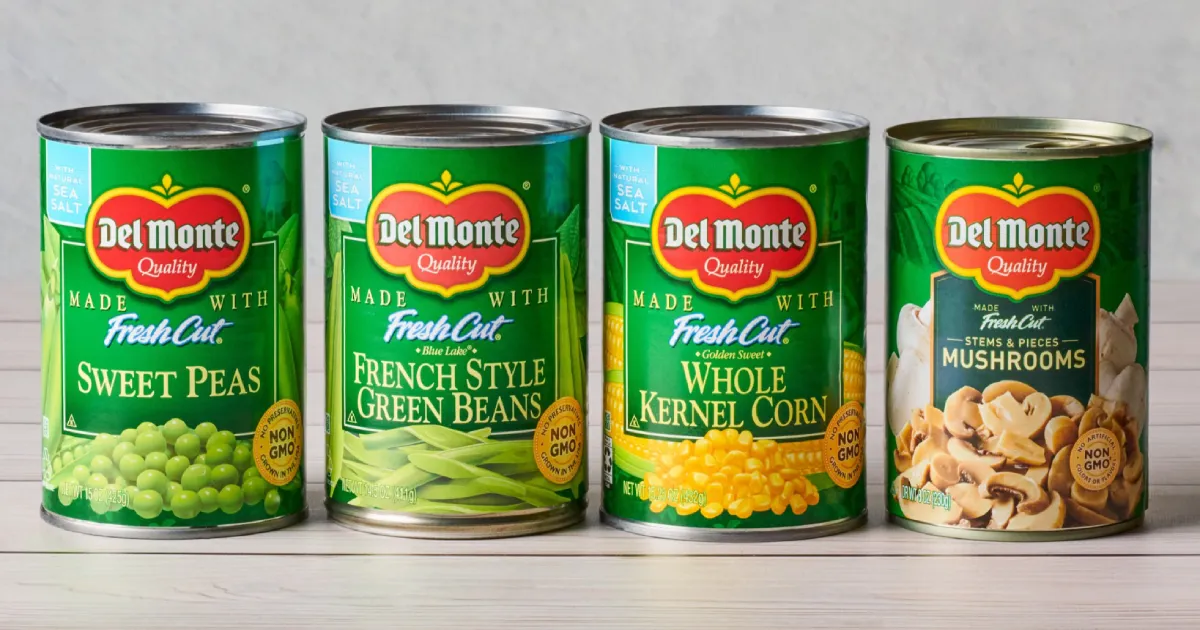Del Monte Foods files for bankruptcy

Del Monte Foods, a cornerstone of American pantries for over a century, has filed for Chapter 11 bankruptcy protection, signaling a dramatic turning point for the 138-year-old food company. Known widely for its canned fruits, vegetables, and iconic brands like Contadina and College Inn, the company is now actively pursuing a buyer for its assets as it undergoes court-supervised restructuring.
In a statement released late Thursday, Del Monte confirmed it has entered into voluntary bankruptcy proceedings as part of a strategic effort to reorganize and stabilize its operations. The move comes amid growing financial strain driven by changing consumer preferences and a turbulent economic landscape.
A Chapter in Transition
President and CEO Greg Longstreet described the bankruptcy filing as the most effective path toward ensuring Del Monte’s future. "After a thorough evaluation of all available options, we determined a court-supervised sale process is the most effective way to accelerate our turnaround and create a stronger and enduring Del Monte Foods," Longstreet said.
Despite the filing, Del Monte is not shutting down. It has secured $912.5 million in new funding to support continued operations during the restructuring and sale process. This financial lifeline is particularly critical as the company enters the peak canning season—typically its busiest and most profitable time of the year.
According to court filings, the company’s liabilities are estimated between $1 billion and $10 billion.
Industry Headwinds and Changing Tastes
Del Monte’s challenges are emblematic of broader shifts in the food industry. Once a dominant player in American kitchens, the brand has struggled in recent years to maintain relevance as consumer preferences pivot toward fresher, organic, and preservative-free options.
Sarah Foss, global head of legal and restructuring at Debtwire, noted that a drop in demand for canned foods—often perceived as less healthy—has led to surplus inventory, warehousing costs, and heavy promotional spending to move products off store shelves.
The rise of private-label store brands has also intensified price competition, cutting into Del Monte’s margins and market share. Longstreet acknowledged these trends, citing a “dynamic macroeconomic environment” and consumer spending cutbacks as key stressors on the business.
A Storied Legacy
Del Monte’s roots stretch back to 1886, and it played a foundational role in the development of large-scale food processing and distribution in the U.S. By 1909, it was operating what it claimed was the world’s largest fruit and vegetable cannery in San Francisco. Over the decades, its familiar labels became a staple in American households.
Today, that legacy stands at a crossroads.
What’s Next?
As Del Monte navigates bankruptcy and seeks new ownership, the future of its brands remains uncertain. The infusion of new capital and potential for a strategic acquisition offer hope for a rebound, but much depends on the company’s ability to adapt to modern tastes and shopping habits.
“In the hands of a new owner with a long-term vision and strong operational capabilities, Del Monte could reinvent itself for a new generation of consumers,” Longstreet said.
Whether that reinvention succeeds will depend on how well the company—under new ownership—can balance the trust of its historic brand with the evolving demands of today’s food market.





